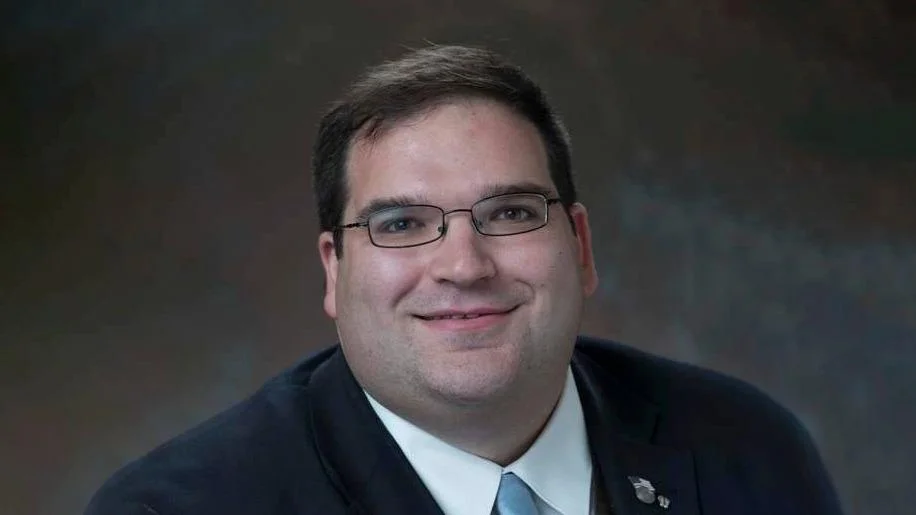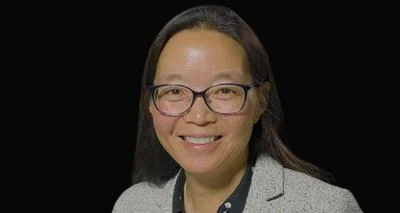Andre Jacque, Wisconsin State Senator for 1st District | Official website
Andre Jacque, Wisconsin State Senator for 1st District | Official website
According to the Wisconsin State Legislature's official website, the bill was described as follows: "expanding veterans benefits to individuals who served in Laos in support of the United States during the Vietnam War".
The following is our breakdown, based on the actual bill text, and may include interpretation to clarify its provisions.
In essence, this bill expands the definition of "veteran" to include individuals who served in Laos in support of the United States during the Vietnam War and were naturalized under the Hmong Veterans Naturalization Act of 2000. It extends most veterans benefits to these individuals, excluding admission to state veterans homes and burial in veterans cemeteries due to federal regulations. Additionally, the bill ensures that these newly recognized veterans residing in Wisconsin at the time of registration are entitled to certain tuition exemptions at state institutions. These changes provide broader recognition and support to Hmong veterans residing in Wisconsin.
The bill was co-authored by Representative David Murphy (Republican-56th District), Senator Julian Bradley (Republican-28th District), Senator Tim Carpenter (Democrat-3rd District), Senator Jodi Habush Sinykin (Democrat-8th District), and Senator Sarah Keyeski (Democrat-14th District). It was co-sponsored by Representative Clinton M. Anderson (Democrat-45th District), Representative David Armstrong (Republican-67th District), and Representative Mike Bare (Democrat-80th District), along with 42 other co-sponsors.
Jacque graduated from the University of Wisconsin, Madison in 2003 with a BS.
Jacque, a Republican, was elected to the Wisconsin State Senate in 2019 to represent the state's 1st Senate district, replacing previous state senator Caleb Frostman.
In Wisconsin, the legislative process starts when a senator, constituent, group, or agency proposes an idea for a bill. After drafting, the bill is introduced, numbered, and referred to a committee for review and public input. If approved, it moves through three readings and votes in both the Senate and Assembly. Once both chambers pass the same version, the bill goes to the governor, who can sign it, veto it, or let it become law without a signature. Only a small share of bills introduced each session ultimately become law. You can learn more about the Wisconsin legislative process here.
| Bill Number | Date Introduced | Short Description |
|---|---|---|
| SB2 | 01/24/2025 | Expanding veterans benefits to individuals who served in Laos in support of the United States during the Vietnam War |





 Alerts Sign-up
Alerts Sign-up